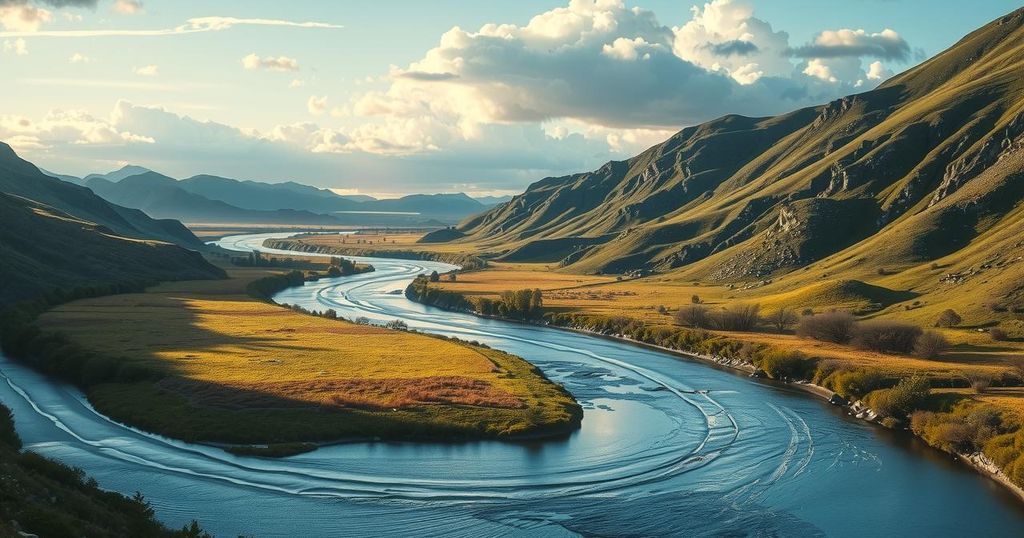Rwanda-DRC Conflict: M23 Rebels Seize Control of Goma and Implications Ahead
The M23 rebel group has reportedly seized control of Goma, escalating an ongoing conflict that has led to severe humanitarian consequences in eastern DRC. Thousands have fled the city as violence intensifies. The situation draws international scrutiny, with potential diplomatic interventions on the horizon to address the rising tensions between the DRC and Rwanda, and efforts to stabilize the region.
The M23 rebel group has reported capturing the strategic city of Goma in the eastern Democratic Republic of the Congo (DRC), marking a significant escalation in the ongoing conflict. This intensifying assault against the Congolese army has resulted in increased violence and civilian displacement. Thousands have fled Goma, desperately seeking refuge, as regional tensions heighten between the DRC and Rwanda.
In recent weeks, M23 intensified its offensive, declaring control over vital districts and creating panic among residents, especially following the recent death of North Kivu’s military governor. Since the conflict reignited in 2022, numerous towns have been overtaken by M23 fighters, exacerbating humanitarian crises throughout the region.
M23, known for its Tutsi composition and claims of protecting minority rights, argues its resurgence is rooted in grievances against the DRC government. Accusations of Rwandan support for M23 persist, although Rwanda denies these claims. The fighting has been fueled by the need to control valuable resources in Eastern DRC, affecting millions of lives and resulting in mass displacement of communities.
As the situation escalates, diplomatic relations could worsen further, particularly regarding Rwanda’s alleged military involvement in Goma. The UN and various nations have condemned M23’s actions and called for a ceasefire to mitigate violence. Analysts warn that without a political resolution, the conflict may spill into further hostilities.
Goma’s fall presents critical implications for both the DRC’s national security and regional stability, with experts predicting protracted difficulties ahead. Attention now turns to potential diplomatic efforts led by East African leaders to negotiate peace, while regional tensions continue to rise in the shadow of this crisis.
The escalating conflict in the eastern Democratic Republic of the Congo involves the M23 rebel group, which has sought to control the city of Goma and other territories rich in mineral resources. The humanitarian impact has been severe, with hundreds of thousands displaced and ongoing violence leading to significant casualties. Tensions between the DRC and Rwanda complicate the situation, as both nations accuse each other of exacerbating the conflict. Historically, M23 emerged in 2012 and has reasserted itself following a resurgence in violence, complicating the fragile peace situation in the region. The situation remains precarious as the M23 rebels seek to solidify their control over Goma, raising concerns from international communities about the dire humanitarian crisis and the prospects of further military escalations. Political dynamics involving regional powers, such as Kenya and the response of Western nations, will be crucial in determining the trajectory of the conflict going forward.
The capture of Goma by the M23 rebels illustrates the growing instability in the eastern Democratic Republic of the Congo and reflects the complex interplay of local, regional, and international factors. The humanitarian implications are severe, with widespread displacement and violence affecting countless civilians. Moving forward, diplomatic engagement and effective conflict resolution strategies are essential to restore peace and security in the region. Furthermore, continued awareness and intervention from the international community may be necessary to prevent further escalation of the crisis and protect vulnerable populations.
Original Source: www.aljazeera.com




Post Comment